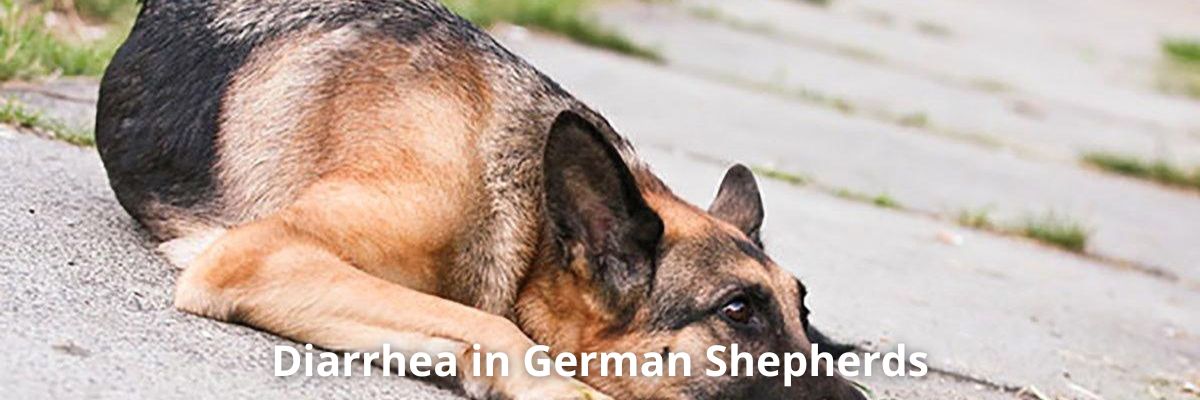
Today, we’re diving into the fascinating topic of Down Syndrome in German Shepherds. You may have come across heartwarming videos on TikTok featuring these adorable dogs with Down Syndrome, and we’re here to shed some light on this condition. Still reading.
What is Down Syndrome and How Does it Affect German Shepherds?
The Down Syndrome it’s a chromosomal disorder that happens when there’s an extra copy of chromosome 21. This extra genetic material can lead to various physical and intellectual differences. In humans, it may result in developmental delays, distinct facial features, and other health issues. But how does it manifest in German Shepherds?
German Shepherds with Down Syndrome may exhibit similar characteristics to humans with the condition. They may have slower development, both physically and mentally. You might notice that they take a little longer to learn commands or grasp new concepts.
These special German Shepherds may also have some distinct physical features. Their facial structure might be slightly different, with a flatter nose and wider-set eyes. Additionally, they may have shorter stature or other physical differences compared to other German Shepherds.
Signs and Symptoms of Down Syndrome in German Shepherds
The signs of Down Syndrome in German shepherds may vary, but there are some common indicators to look out for. One of the most noticeable signs is a difference in physical appearance. German shepherds with Down Syndrome may have distinct facial features, such as a flatter face, smaller eyes, and a shorter snout. They may also have shorter limbs and a stockier build compared to other German shepherds.
Another common symptom is developmental delays. Dogs with Down Syndrome may take longer to reach certain milestones, such as walking, climbing, or sitting. They may also have difficulty with coordination and balance. In some cases, dogs with Down Syndrome may experience urinary or fecal incontinence, which means they may have accidents indoors.
It’s important to note that the signs and symptoms of Down Syndrome in German shepherds can persist for months or even years. However, with proper care and attention, affected dogs can recover or manage their symptoms. In some cases, surgery may be necessary to alleviate certain symptoms or improve the dog’s quality of life.
If you suspect that your German shepherd may have Down Syndrome, it’s best to consult with a veterinarian who can provide a proper diagnosis and recommend the appropriate course of action. They may suggest rest, confinement, exercise restriction, or even surgery, depending on the severity of the condition.
Managing the Care and Well-being of a German Shepherd with Down Syndrome
Caring for a German Shepherd with Down Syndrome can be a unique and rewarding experience. These special dogs require a little extra love and attention to ensure their well-being.
- First and foremost, it’s important to create a safe and comfortable environment for your German Shepherd with Down Syndrome. Make sure your home is free from any potential hazards that could cause harm to your pup. This includes removing any sharp objects, securing electrical cords, and blocking off access to dangerous areas.
- Routine is key when it comes to caring for a German Shepherd with Down Syndrome. Establishing a consistent daily schedule will help your furry friend feel secure and reduce any anxiety they may experience. Stick to regular feeding times, exercise routines, and potty breaks to ensure their physical and mental well-being.
- Socialization is essential for all dogs, including those with Down Syndrome. Introduce your German Shepherd to new people, animals, and environments gradually, always keeping a close eye on their reactions. Positive reinforcement training can also be beneficial in teaching your pup basic commands and behaviors.
- Regular exercise is crucial for the overall health of your German Shepherd with Down Syndrome. Engage in activities that suit their abilities, such as short walks, play sessions, or interactive puzzle toys. However, be mindful not to overexert them, as they may have limitations due to their condition.
- Healthcare should always be a top priority. Schedule regular check-ups with your veterinarian to monitor your German Shepherd’s physical health and address any specific needs related to Down Syndrome. They may require additional medical attention or specialized treatments to ensure their well-being.
- Lastly, remember to shower your German Shepherd with love and affection. They may have unique challenges, but they are still capable of forming deep bonds and bringing immense joy to your life. Embrace their individuality and celebrate their accomplishments, no matter how big or small.




